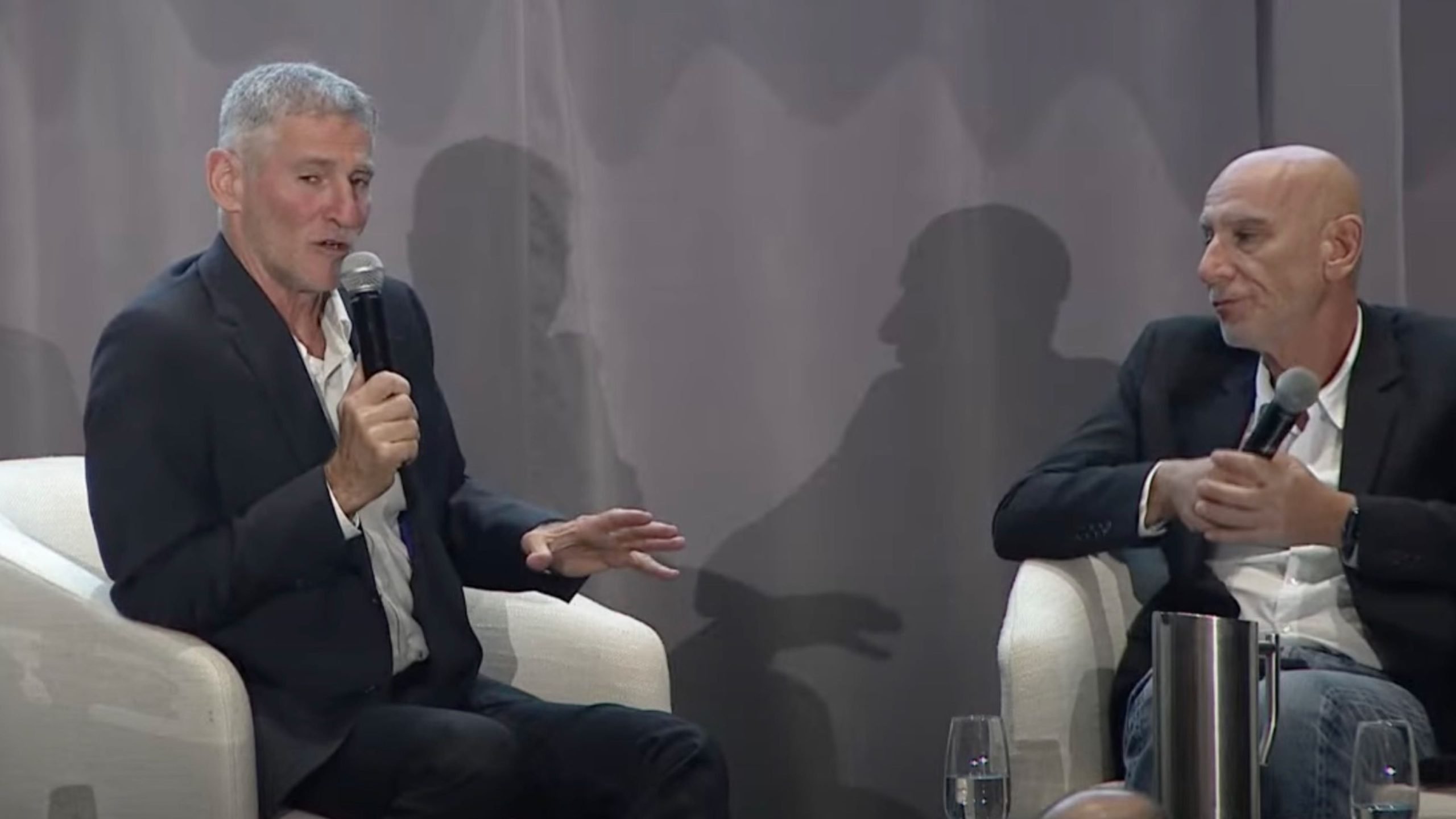At the Haaretz Conference in Toronto, Yair Golan, leader of Israel’s opposition Democratic Party, made clear that restricting online speech would be a top priority if he comes to power.
Among a list of proposed governmental reforms, Golan said he would move quickly to clamp down on digital platforms.
“The next thing I will do, we will do, is to put restriction on the social media in a way that not allow to make brutal propaganda in the social media,” he stated during his talk, framing online expression as a threat to democratic stability.
He added, “This is a worldwide problem and it should be initiated by the United States of America, the place where all the big firms are settled. Facebook and X and all the rest. This is a major problem for democracy all over the globe and we need to treat it seriously. We can do it.”
Golan’s remarks echo a growing international trend among political leaders who portray unregulated speech on social media as inherently dangerous, while simultaneously calling for tighter control of what can be said and shared online.
His proposal to enlist the US, home to many of the major platforms, in spearheading global censorship efforts further illustrates the trend toward demands for coordinated state intervention in online speech.
The idea that governments should be arbiters of what constitutes “brutal propaganda” is exactly what many free speech advocates have long warned against.
Allowing states to define and suppress undesirable speech under such vague terms opens the door to political abuse and censorship of dissent.
Golan’s comments show the increasing willingness among political figures to view open platforms not as tools for public discourse, but as threats to be controlled.
Current Prime Minister Benjamin Netanyahu has called for a large-scale investment in media influence efforts to combat growing international criticism of Israel.
Speaking at a Finance Ministry conference, Netanyahu outlined what he described as a communications strategy.
Claiming that sanctions and deteriorating global sentiment were being driven by “anti-Zionist and extreme Islamist ideology” coming from minority groups in Europe, as well as by the influence of countries like Qatar, Netanyahu called for new influence operations.
“We can break out of this isolation, but we must invest heavily in countermeasures, particularly in media and social media influence operations,” Netanyahu said.










